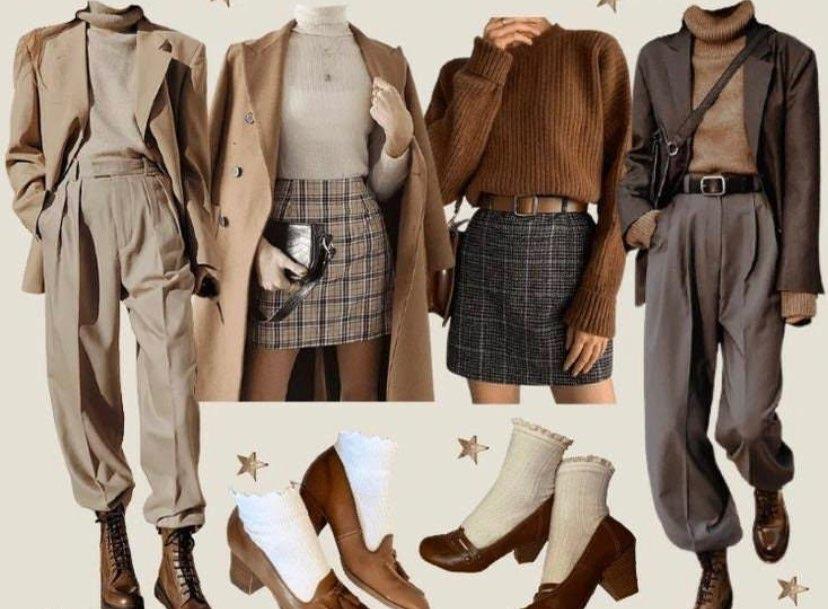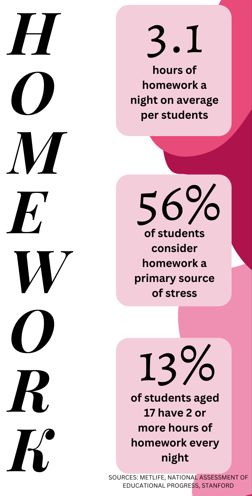Clothing Stereotypes Ignore Personality
As students walk through the halls from day to day, they can develop opinions on a person based on what types of clothes they wear.
November 3, 2022
Clothing is one of the most defining features a person can set for themselves. Whether you’re going for a sporty, gothic, or vintage look, clothing is a notoriously effective outlet for someone to express their interests and values.
However, people often develop harmful stereotypes towards certain styles.
To test their subconscious bias towards clothing, Creek students were shown photos featuring specific styles of clothing and asked to describe what they think that person’s personality would be like.
Sophomore Daniel Zhou was shown a picture of a sporty and, as he put it, “basic” outfit.
“She probably acts really nice to people, but then talks bad about all of them behind their back,” Zhou said. “I think she’s playing it safe and she’s probably very academic.”
Another picture showed a “skater” outfit.
“He seems like he goes off everyday to drink boba…that’s the vibe that I’m getting,” Zhou said. “His name is probably Kevin, and he’s probably very shy, has a low voice, [and] doesn’t really talk to people.”
Freshman Hailey Shim was shown the same photo.
“That man is a better version of Kevin Nguyen,” Shim said. “He listens to Keshi. He wants a girlfriend and wants a relationship. He really likes boba.”
For clarity, “Kevin Nguyen” is “the Asian equivalent to ‘Chad,’” according to Urban Dictionary. Keshi is a very popular artist in the R&B/Pop scene.
Both Zhou and Shim thought that their views of the person in the photo was fair. Their bias had a lot to do with their varying perception of certain outfits.
It’s true that clothing can create a lasting first impression, but we shouldn’t allow it to be such a defining feature for our personality.
When people create stereotypes and assumptions about a person, it can distance them from actually getting to know the person for who they truly are. Although some assumptions seem harmless, others make those associated with them feel misrepresented or misunderstood.
Clothes should not be something that immediately defines us as one thing or another but instead a way for us to feel comfortable in our own skin. What truly makes us who we are isn’t how we look or the physical appearance we have — it’s the words we have to say and the impact we have on others.






















